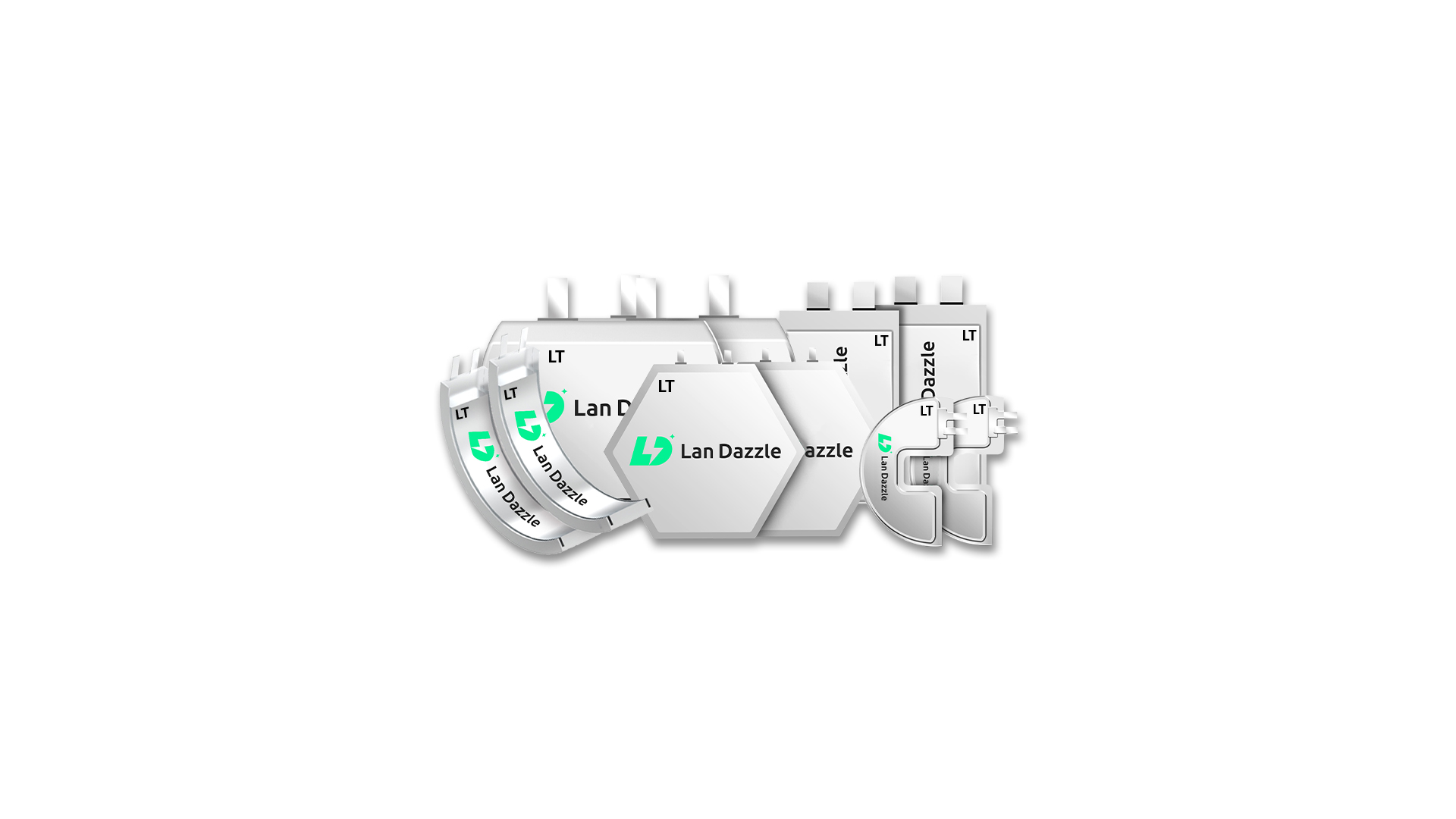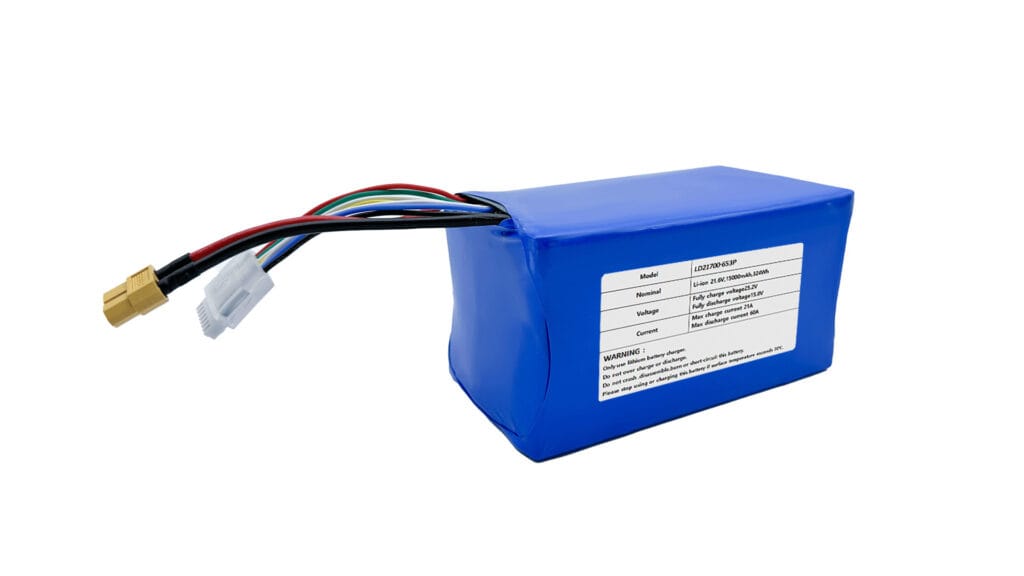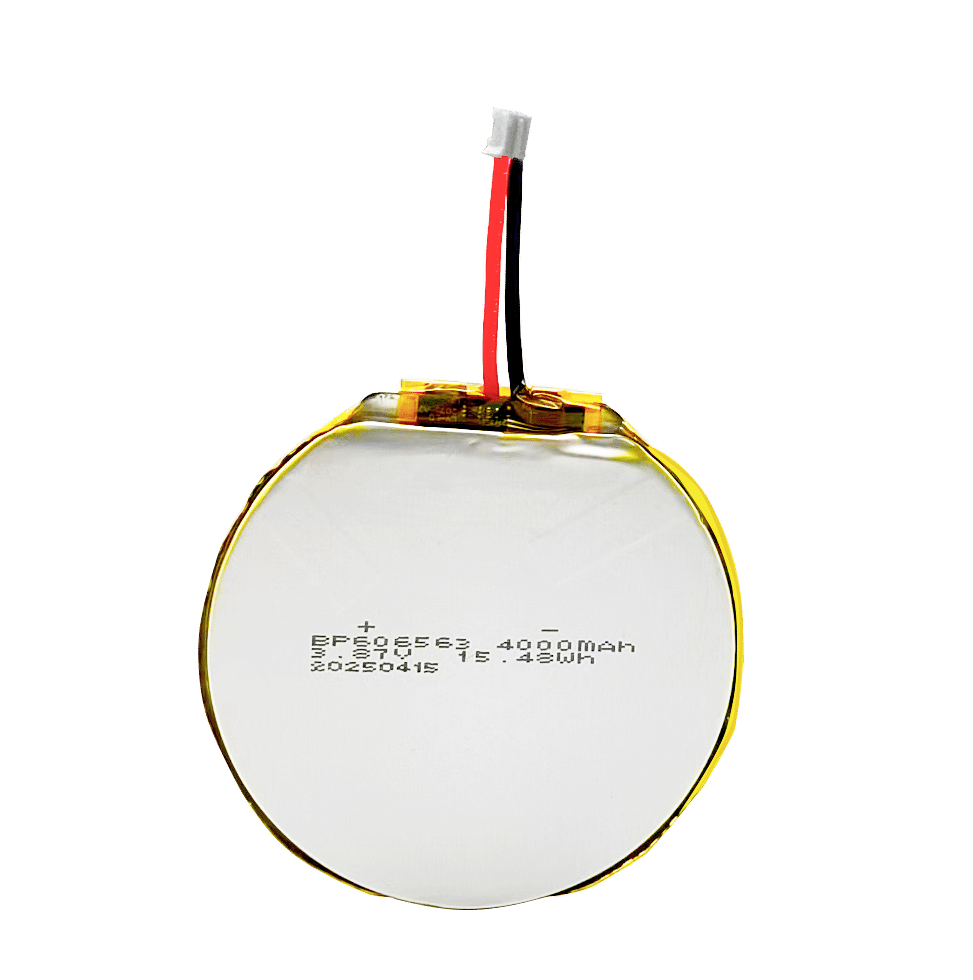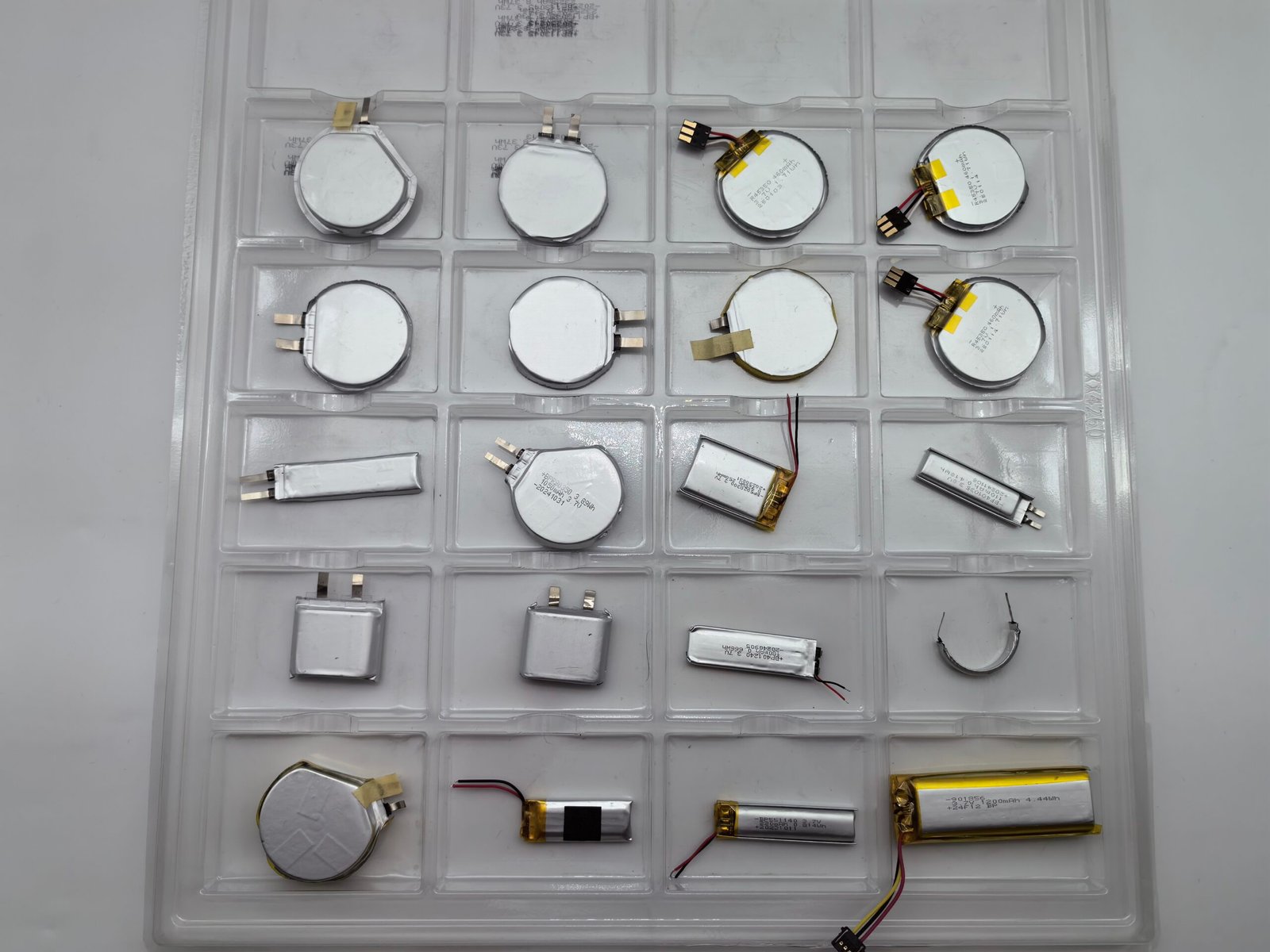The world of portable and stored energy is constantly evolving, and at the forefront of this revolution lies the 48 volt lithium battery. From powering electric vehicles and solar energy systems to providing reliable backup for homes and businesses, these batteries are becoming increasingly prevalent. But what exactly is a 48 volt lithium battery, and why are they gaining so much traction? This comprehensive guide will delve into the definition, benefits, applications, and crucial comparisons with lower voltage alternatives like 12V and 36V batteries, providing you with everything you need to know.
What is a 48 Volt Lithium Battery?
At its core, a 48 volt lithium battery is a rechargeable power source composed of multiple lithium-ion cells connected in series. This configuration allows the battery pack to deliver a nominal voltage of 48 volts. Lithium-ion technology encompasses various chemical compositions, with Lithium Iron Phosphate (LiFePO4) and Nickel Manganese Cobalt (NMC) being among the most common for 48V systems due to their balance of safety, performance, and lifespan.
A critical component of any 48V lithium battery is the Battery Management System (BMS). This intelligent system monitors and manages various parameters like voltage, current, and temperature, ensuring the battery operates safely and efficiently, preventing overcharging, deep discharge, and thermal runaway. The 48V designation is significant as it strikes a balance between power delivery and safety, making it suitable for a wide array of applications requiring substantial energy.
Key Benefits and Advantages of 48 Volt Lithium Battery
The popularity of 48V lithium batteries stems from their numerous advantages over traditional battery technologies and lower voltage lithium options:
- Higher Power and Efficiency: A 48V system allows for the delivery of more power with lower current compared to 12V or 36V systems for the same wattage. This reduction in current minimizes energy loss due to resistance in wiring, leading to higher overall efficiency and the ability to power more demanding applications.
- Longer Lifespan and Cycle Life: Lithium-ion batteries, including 48V variants, boast significantly longer lifespans and a higher number of charge-discharge cycles compared to lead-acid batteries. While lead-acid batteries might offer around 500-1,000 cycles, a quality 48V lithium battery can often provide 3,000-5,000 cycles or even more, translating to years of reliable service.
- Lighter Weight and Compact Size: Compared to lead-acid batteries of similar capacity, 48V lithium batteries are considerably lighter (often by 50-70%) and more compact. This makes them ideal for applications where weight and space are critical, such as in electric vehicles and RVs.
- Faster Charging Times: Lithium-ion batteries can accept higher charge rates than lead-acid, allowing for significantly faster recharge times. This is particularly beneficial in applications like solar power, where quicker replenishment of stored energy is desirable.
- Consistent Power Output: Unlike lead-acid batteries that experience a gradual voltage drop as they discharge, 48V lithium batteries maintain a more stable voltage throughout their discharge cycle. This ensures consistent performance of connected devices.
- Deep Depth of Discharge (DoD): Most 48V lithium batteries can be safely discharged to 80-90% or even 100% of their capacity without damage, unlike lead-acid batteries where deep discharges can significantly shorten their lifespan.
- Lower Maintenance: Lithium-ion batteries are generally maintenance-free, eliminating the need for regular checks and watering required by lead-acid counterparts, reducing long-term operational costs and hassle.
Applications of 48 Volt Lithium Batteries
The versatility of 48V lithium batteries has led to their widespread adoption across various industries:
- Electric Vehicles (EVs) and E-bikes: From electric cars and motorcycles to e-bikes and scooters, 48V systems are commonly used to provide the necessary power for efficient and reliable transportation. The higher voltage allows for more powerful motors and longer ranges.
- Solar Power Systems: In residential and commercial solar installations, 48V lithium batteries are a popular choice for energy storage. They efficiently store excess solar energy generated during the day, allowing users to power their homes or businesses at night or during periods of low sunlight.
- Recreational Vehicles (RVs) and Marine: For RV enthusiasts and boat owners, 48V lithium batteries offer a lightweight, long-lasting, and maintenance-free power solution for running appliances, lights, and other onboard systems, enhancing the off-grid experience.
- Golf Carts and Utility Vehicles: Many modern electric golf carts and utility vehicles are powered by 48V lithium batteries, providing increased range, faster acceleration, and a longer lifespan compared to traditional lead-acid batteries.
- Backup Power Systems (UPS): 48V lithium batteries are increasingly being used in uninterruptible power supplies (UPS) for critical applications in data centers, hospitals, and telecommunications, offering reliable backup power in case of outages.
- Industrial Equipment: Forklifts, floor scrubbers, and other industrial machinery are also transitioning to 48V lithium batteries due to their efficiency, longer runtime, and reduced maintenance.
48V Lithium Battery vs. 12V and 36V Lithium Batteries
While 12V and 36V lithium batteries have their own specific applications, the 48V option often presents distinct advantages:
- 12V Lithium Batteries: Primarily used as starting batteries in vehicles, for powering smaller electronics, and in basic solar setups, 12V systems are limited in their ability to deliver high power over extended periods. For the same power requirement, a 12V system will draw significantly more current, leading to greater energy loss and the need for thicker, more expensive wiring. Scalability for larger power needs also becomes less efficient with 12V systems.
- 36V Lithium Batteries: Commonly found in some e-bikes and lighter electric mobility devices, 36V systems offer a step up in power from 12V. However, for applications demanding significant power and efficiency, such as whole-house solar backup or larger electric vehicles, 48V systems generally offer better performance due to lower current draw and improved efficiency in power conversion. Consider a 1kW system: at 12V, it requires over 83 amps, at 36V, around 27.8 amps, while at 48V, it only needs about 20.8 amps. This lower current in the 48V system translates to less heat generation and more efficient power delivery.
- Power and Current: As highlighted above, for a given power output (Power = Voltage x Current), a higher voltage system like 48V requires less current. This is a significant advantage as lower current reduces resistive losses in wires and components, leading to improved efficiency and potentially smaller and lighter system components.
- Scalability: For larger energy storage or power requirements, 48V systems are often more easily and efficiently scalable. Connecting multiple 48V batteries in parallel to increase capacity or in series to increase voltage is a common practice in applications like solar energy storage.
- Application Suitability: While 12V batteries are suitable for basic automotive and small electronic needs, and 36V works well for some e-bikes, 48V lithium batteries are generally preferred for applications requiring more substantial power, longer runtimes, and greater efficiency, such as those mentioned in the previous section.
Factors to Consider When Choosing a 48 Volt Lithium Battery
Selecting the right 48V lithium battery involves considering several key factors:
- Capacity (Ah or kWh): Determine your energy needs based on the power consumption of your devices and the desired runtime. Capacity is measured in Amp-hours (Ah) or Kilowatt-hours (kWh).
- Discharge Rate (C-rate): Ensure the battery’s discharge rate (how quickly it can deliver power) meets the demands of your application. High-power applications require batteries with higher C-rates.
- Cycle Life Expectancy: Consider the expected lifespan of the battery in terms of charge-discharge cycles and ensure it aligns with your long-term needs.
- Battery Management System (BMS): A robust BMS is crucial for safety, performance, and longevity. Look for batteries with well-designed BMS that offer comprehensive protection features.
- Brand Reputation and Warranty: Choose batteries from reputable manufacturers that offer adequate warranties and customer support.
- Budget: While 48V lithium batteries can be an investment, consider the long-term benefits, including longer lifespan and reduced maintenance.
Conclusion
48 volt lithium batteries represent a significant advancement in energy storage technology, offering a compelling combination of power, efficiency, longevity, and versatility. Their advantages over lower voltage options and traditional battery chemistries make them an increasingly popular choice for a wide range of applications, from electric vehicles and renewable energy systems to recreational and industrial uses. As technology continues to evolve, 48V lithium batteries are poised to play an even more crucial role in powering our future.
LanDazzle: Tailoring 48V Lithium Power to Your Business Needs
At LanDazzle, we understand that every business has unique power requirements. That’s why we specialize in providing custom 48V lithium battery solutions designed to perfectly match your specific needs. Our approach goes beyond simply selecting from a catalog; we collaborate closely with your team to engineer battery packs that optimize performance, integration, and longevity for your particular application.
Our customization capabilities encompass a wide range of critical parameters. We can tailor the capacity (measured in Amp-hours or Watt-hours) to ensure your equipment has the exact amount of energy it needs for its operational demands. The physical dimensions and shape of the battery pack can be designed to seamlessly integrate into your existing or new products, even in space-constrained environments. We can also optimize the discharge and charge rates (C-rate) to meet the specific power demands of your application, whether it requires rapid bursts of energy or sustained power delivery. If you have questions or needs, feel free to contact us at info@landazzle.com or visit landazzle.com.
FAQ
- What are the main advantages of a 48 volt lithium battery compared to a 12 volt or 36 volt battery?
A 48V lithium battery offers higher power with lower current, better efficiency, improved scalability for larger systems, and is generally preferred for demanding applications requiring longer runtimes. - How long will a 48 volt lithium battery last?
The lifespan of a 48V lithium battery depends on factors like usage, charging habits, and the quality of the battery. However, most high-quality batteries offer between 3,000 to 5,000 charge-discharge cycles, which can translate to 10-15 years of use in many applications. - What are the typical applications of a 48 volt lithium battery?
Common applications include electric vehicles, solar power storage, RVs, golf carts, marine applications, backup power systems (UPS), and industrial equipment. - Are 48 volt lithium batteries safe to use?
Yes, when designed and manufactured properly. They typically include a Battery Management System (BMS) that provides crucial safety features like overcharge and over-discharge protection, as well as thermal management. - How do you charge a 48 volt lithium battery?
A 48V lithium battery requires a compatible lithium battery charger with the correct voltage and current specifications. It’s important to follow the manufacturer’s recommendations for charging to ensure safety and prolong battery life. - How much does a 48 volt lithium battery cost?
The cost of a 48V lithium battery can vary widely depending on its capacity (Ah or kWh), brand, features, and intended application. Generally, they are more expensive upfront than lead-acid batteries but offer better long-term value due to their longer lifespan and reduced maintenance. - Can I connect multiple 48 volt lithium batteries together?
Yes, multiple 48V lithium batteries can be connected in parallel to increase the overall capacity (Ah) while maintaining the 48V voltage. They can also be connected in series to increase the voltage, but this requires careful consideration of system compatibility and should typically be done by knowledgeable individuals or professionals.





